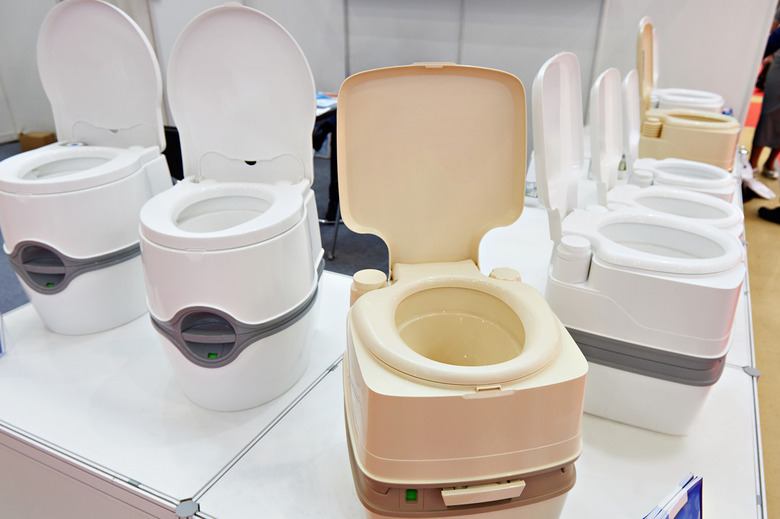The 8 States That Allow Composting Toilets
Whether you're planning on using a composting toilet for the environmental benefits or you're building a home way out of reach from a municipal plumbing system, there are certainly many things to consider before installation. One big reason you should pause before installing a composting toilet is that it may not technically be legal where you live.
The laws about composting toilets are typically made by local government and can vary by state as well as by county. Before you install a composting toilet, know the codes in the area where you plan to build or remodel a bathroom.
Benefits of a Composting Toilet
Most composting toilets work by mixing waste with sawdust, wood chips, or other dry material. The waste soaks up moisture to get to an ideal carbon-nitrogen ratio that, combined with the right temperature, drainage, aeration, and ventilation, reduces the volume of waste so it can be used in outdoor compost. Fans of composting toilet praise their benefits, which include the following:
- Inexpensive upkeep: Composting toilets are often preferred for their energy-saving abilities as well as their low cost and maintenance.
- You can be off the grid: They can eliminate the need for tying into a main sewer line or installing a septic system. For off-grid farmers, the waste can be used as a nutrient-rich fertilizer.
- Water-saving: According to the U.S. Environmental Protection Agency, the average person flushes 88 gallons of water each day, and the average family of four can save about 13,000 gallons each year by updating inefficient toilets. It's estimated that a composting toilet can save more than 6,500 gallons of water annually.
States That Embrace Composting Commodes
A few states across the country allow homeowners to install a composting toilet if they meet a few requirements while others regulate the alternative wastewater system to ensure the waste is not being mishandled. However, many states have completely embraced the composting toilet movement due to the environmental advantages. Here are the states that allow a composting toilet to be placed and used on a property:
- Washington
- Arkansas
- Texas
- Montana
- Colorado
- Idaho
- Florida
- Massachusetts
Tip
Buying a composting toilet that is certified by the National Sanitation Foundation (NSF) is a way to ensure that the fixture is approved and up to local codes. This independent third-party certification verifies that the toilet is certified and manufactured by a company that follows public health and safety standards. Many states require that the composting toilet you plan to install is NSF certified.
States With Strict Composting Toilet Codes
Though each state differs on exact codes and regulations, there are a handful that have varying regulations about where, when, and how a composting toilet can be used. Check the latest regulatory changes and current codes governing your locale before purchasing and installing a composting toilet in the following states:
- Nevada
- Pennsylvania
- Indiana
- New York
- New Jersey
